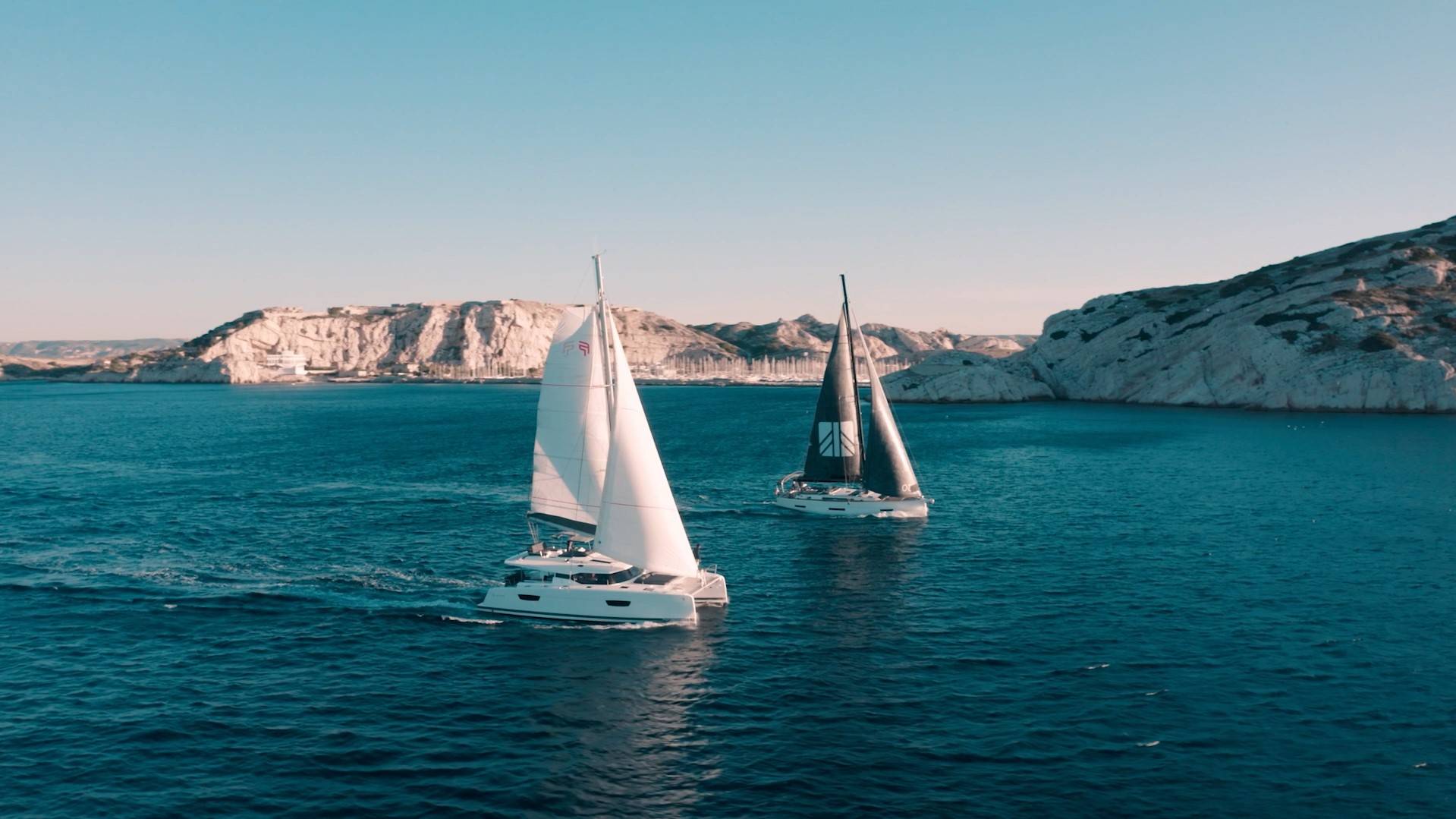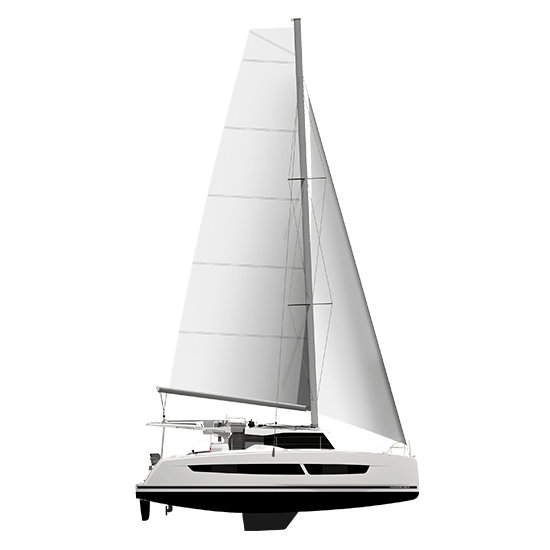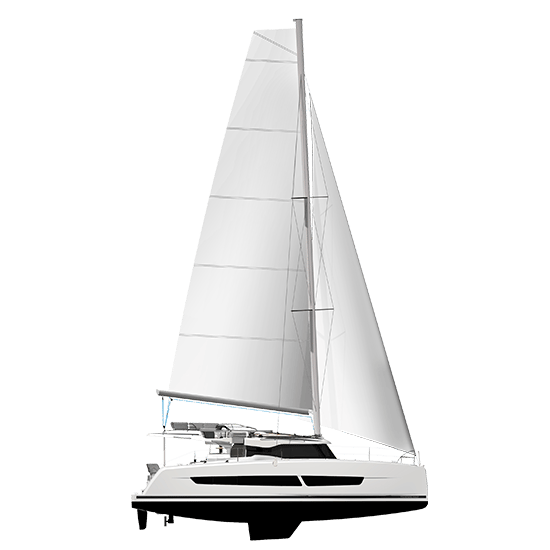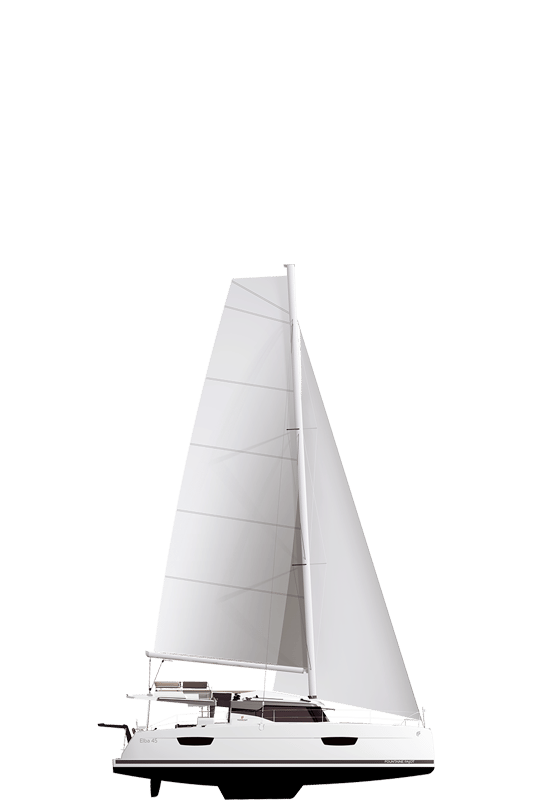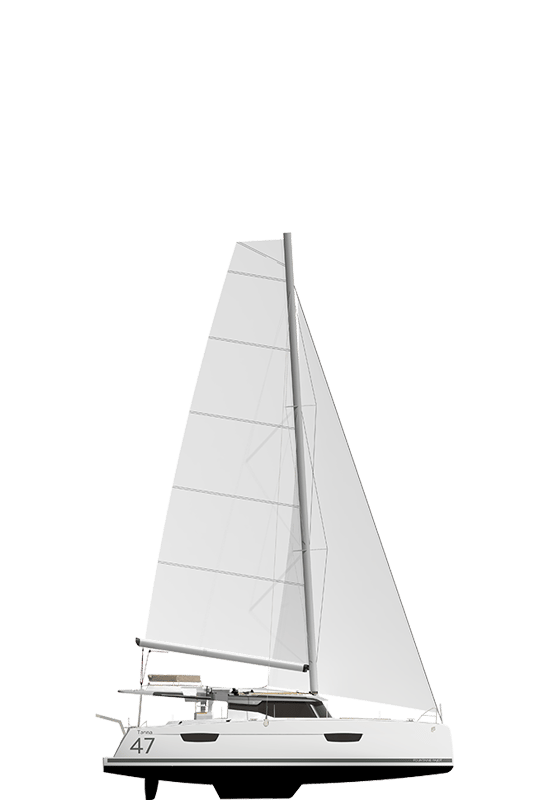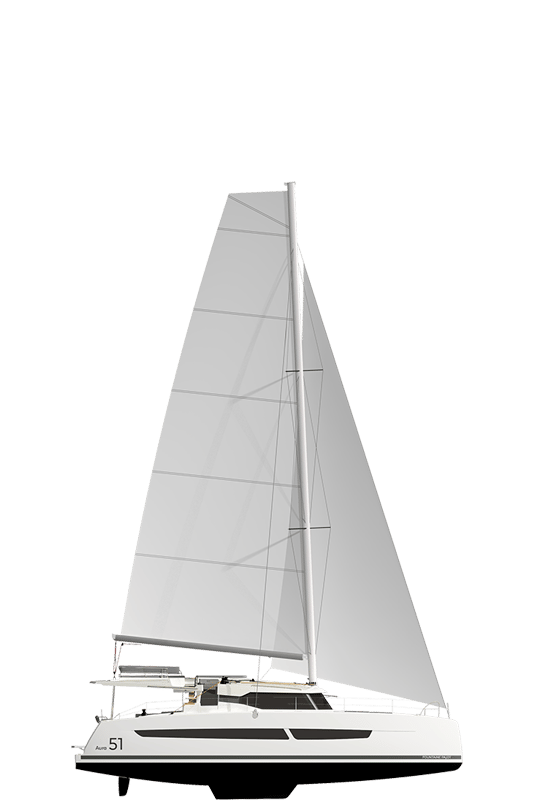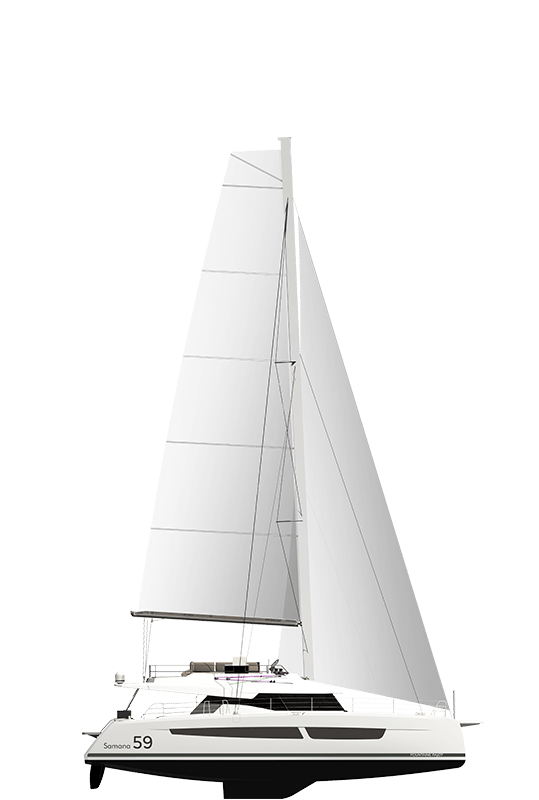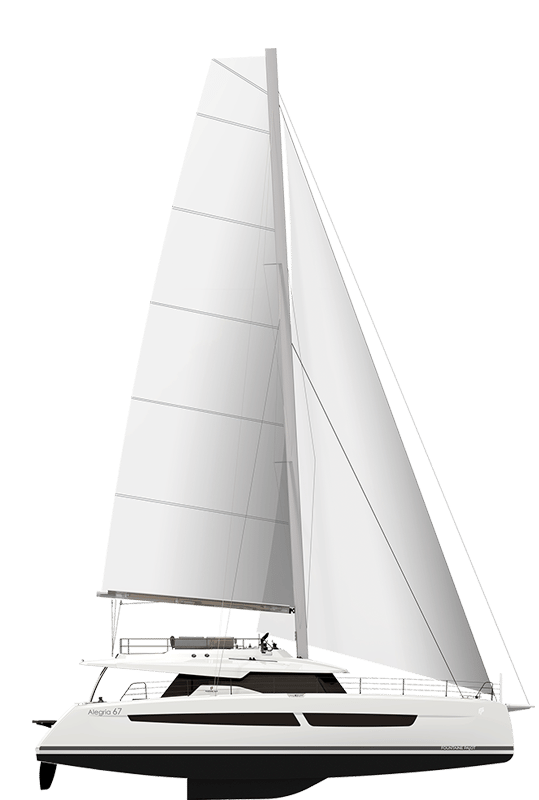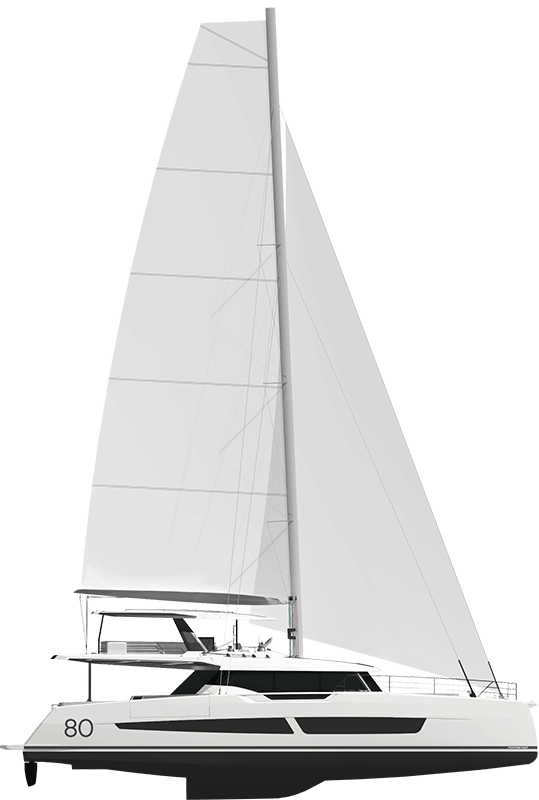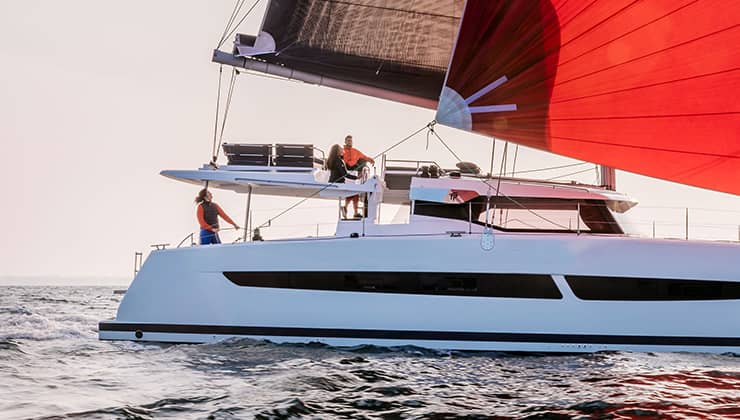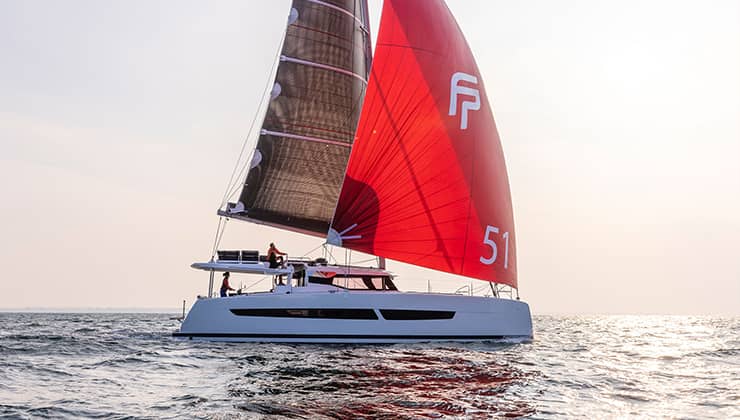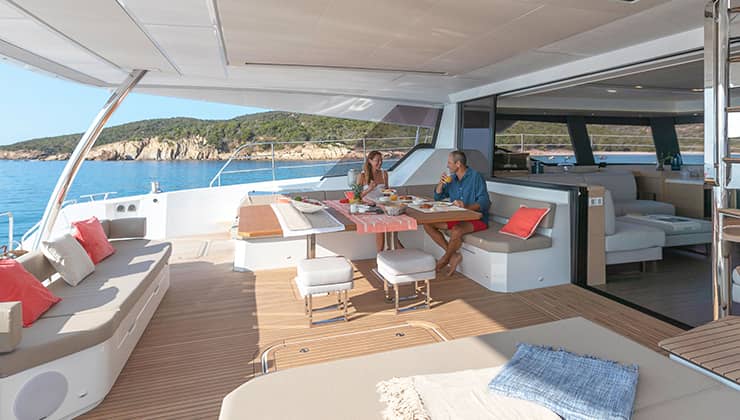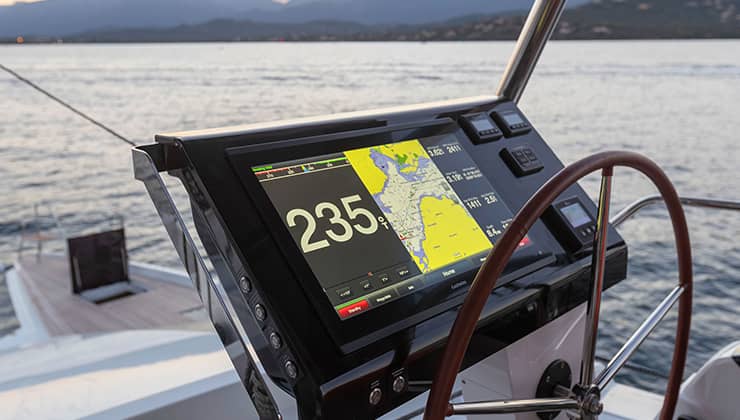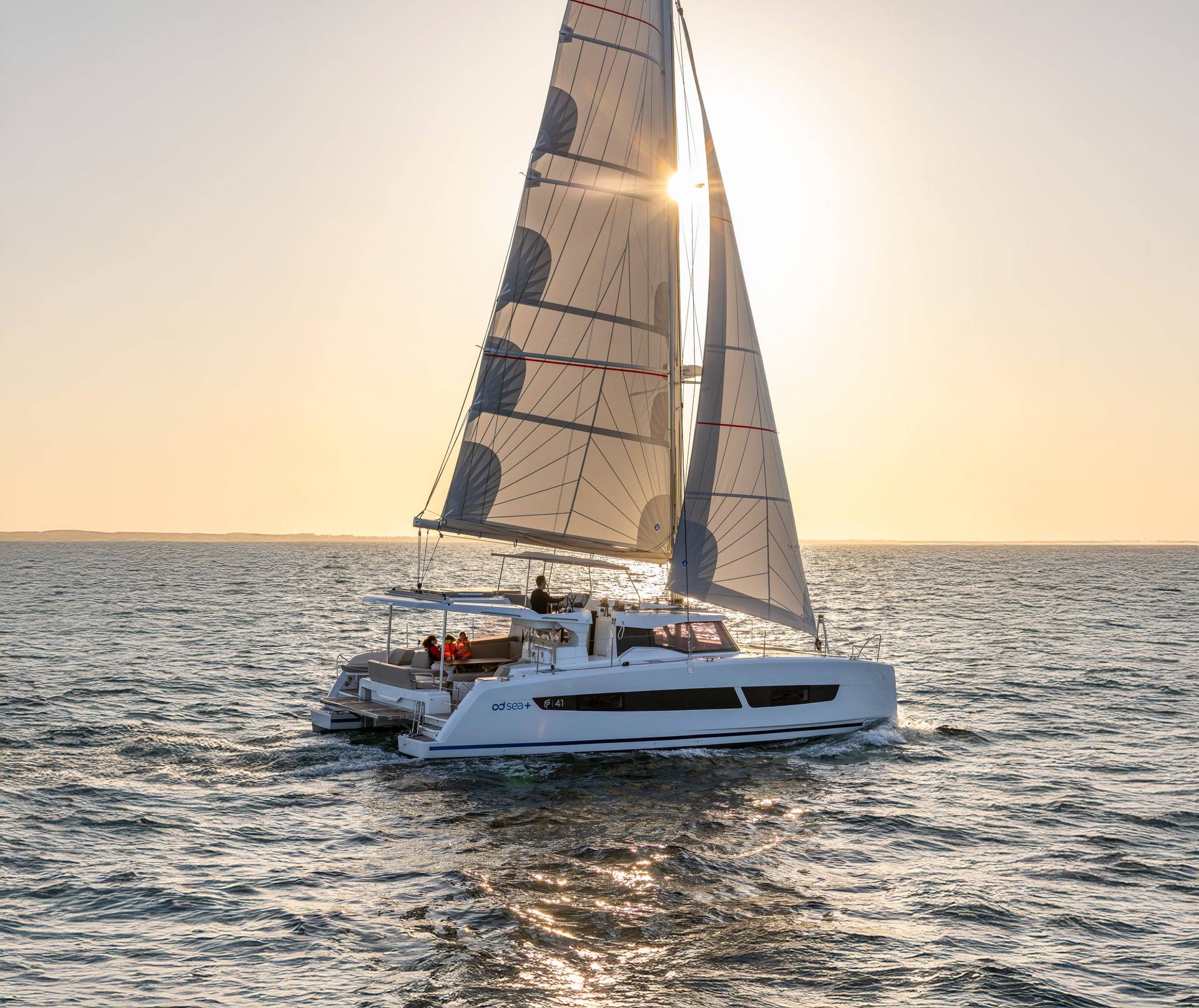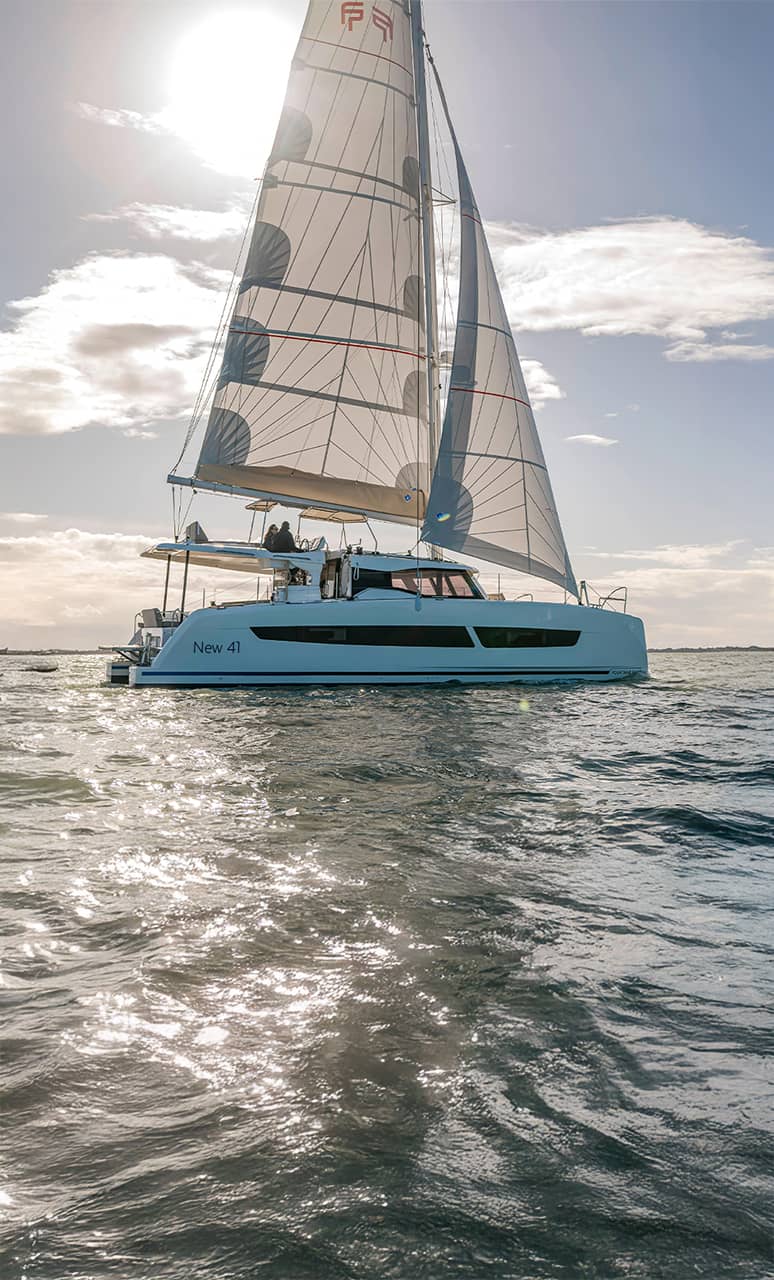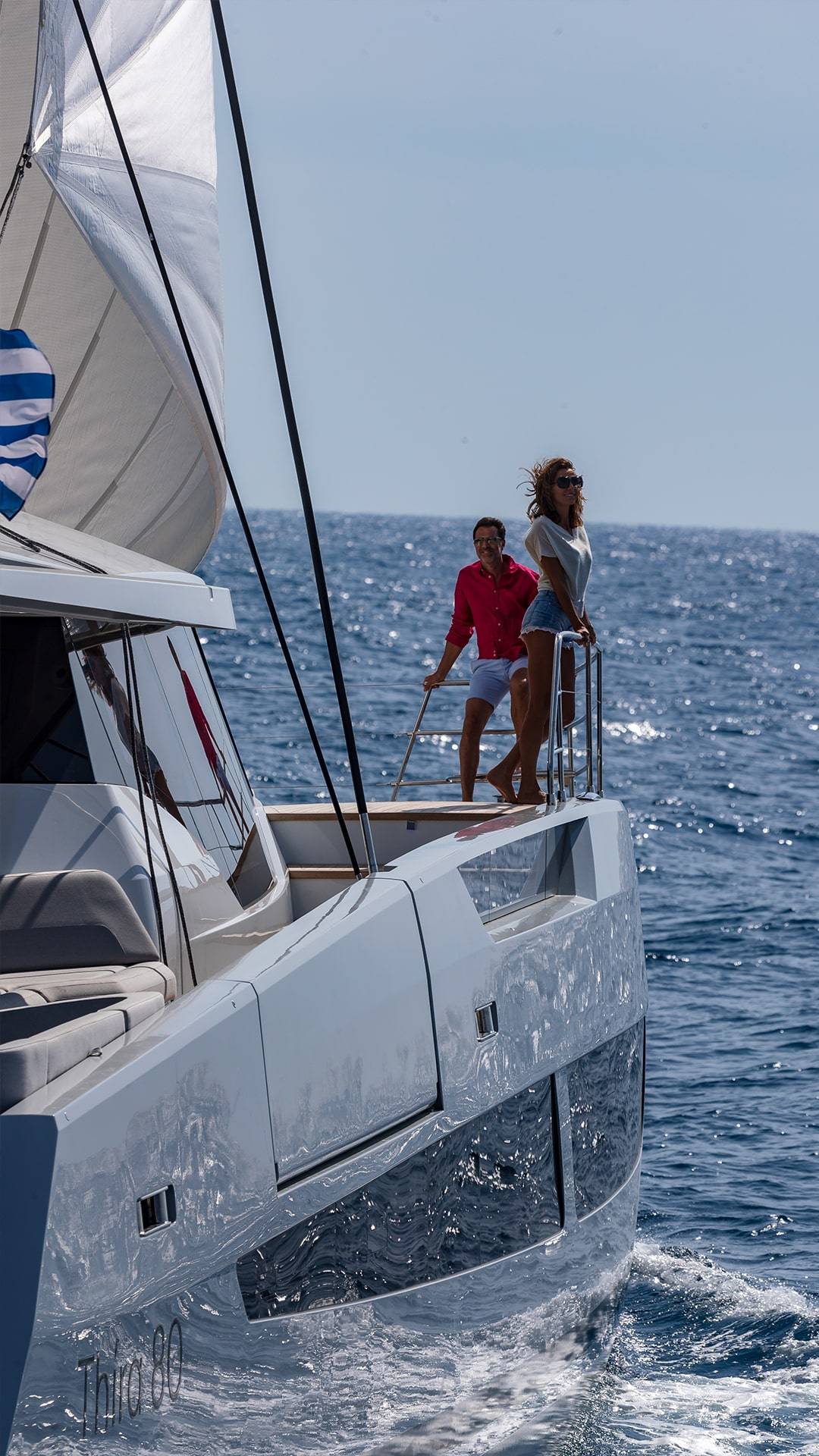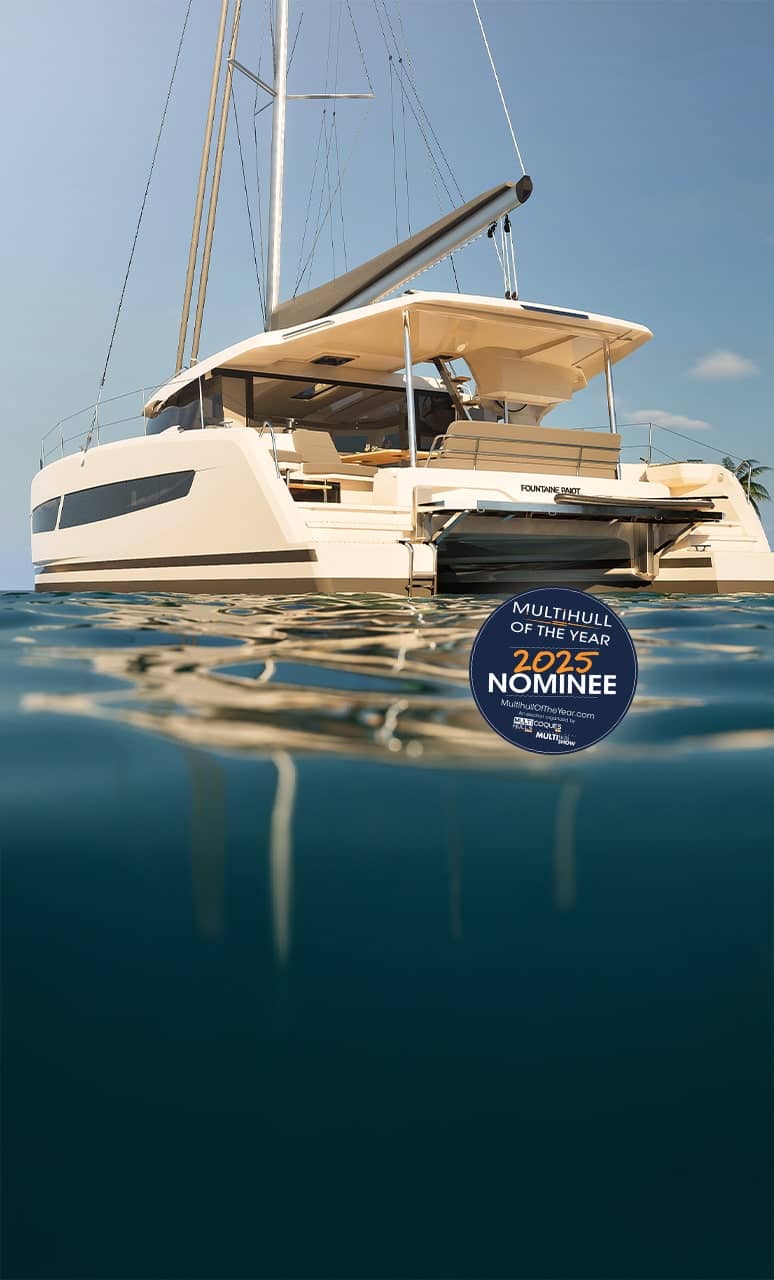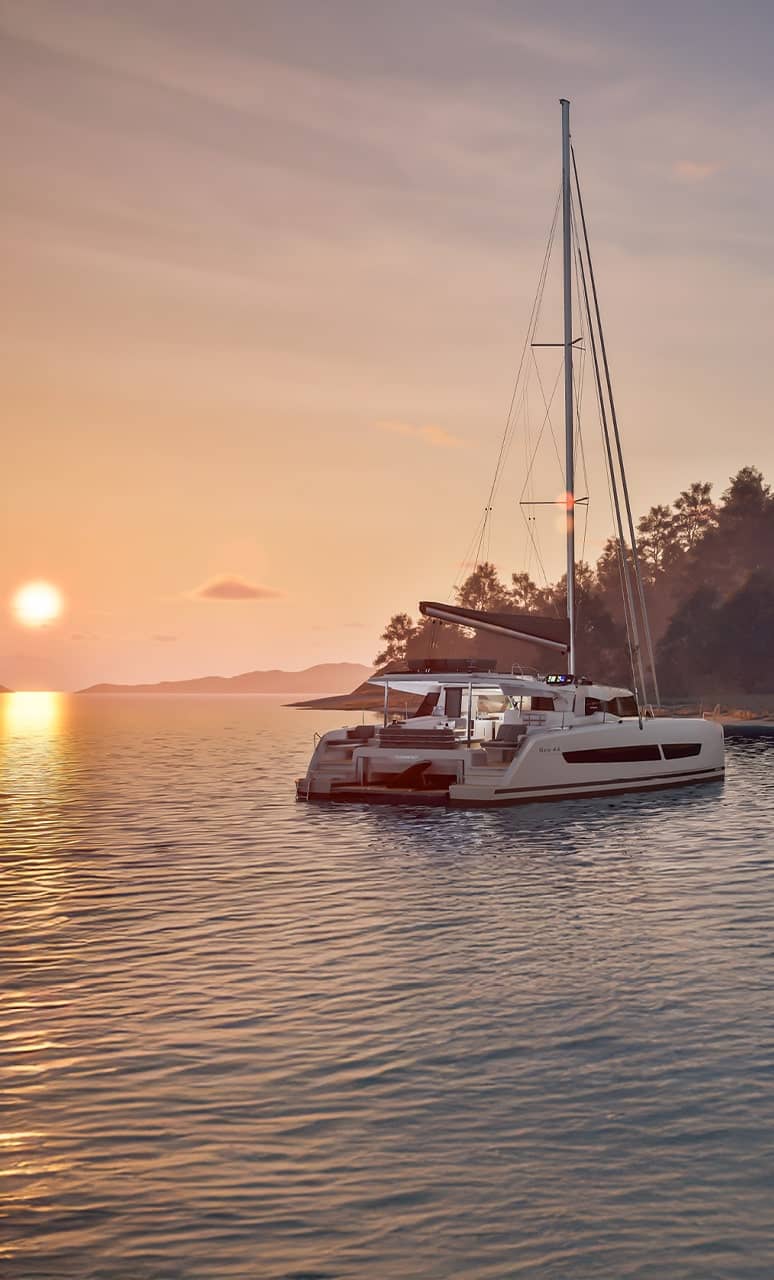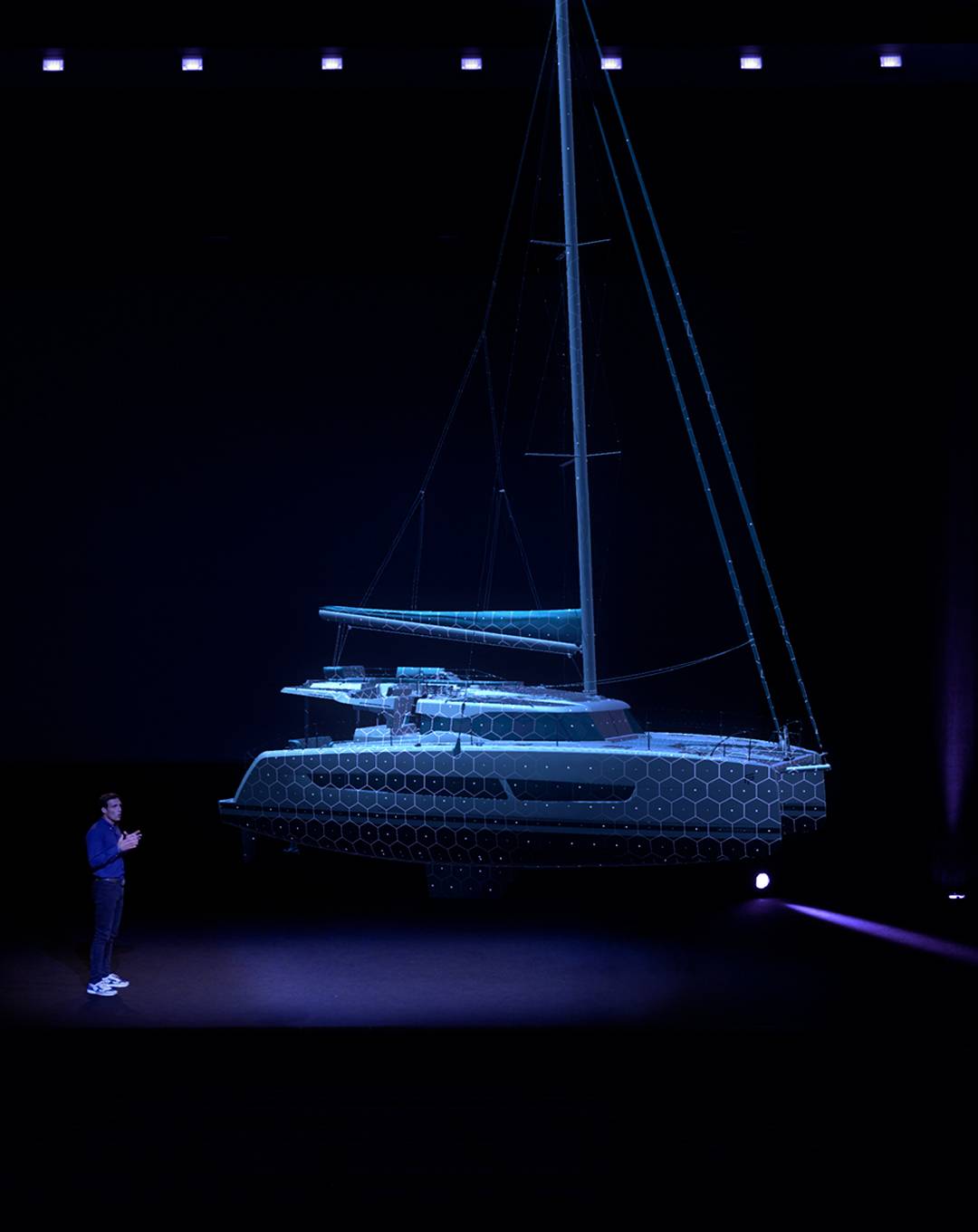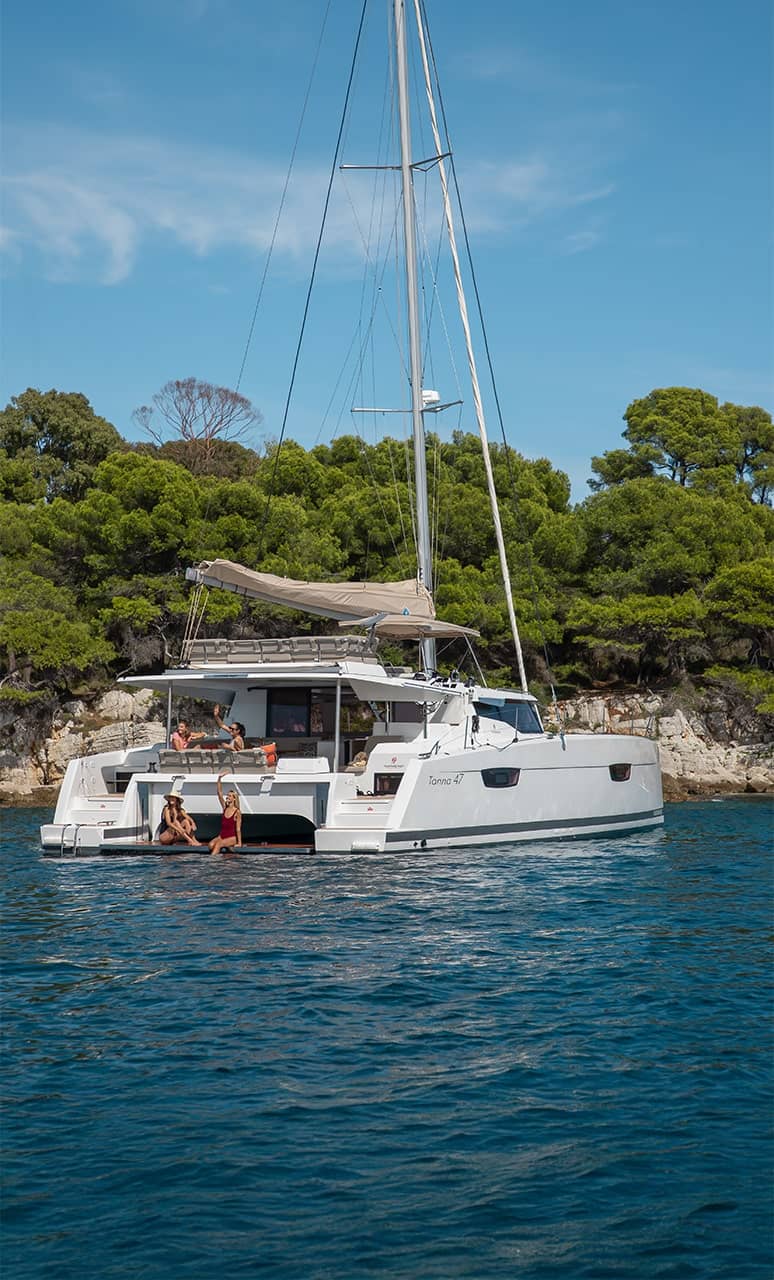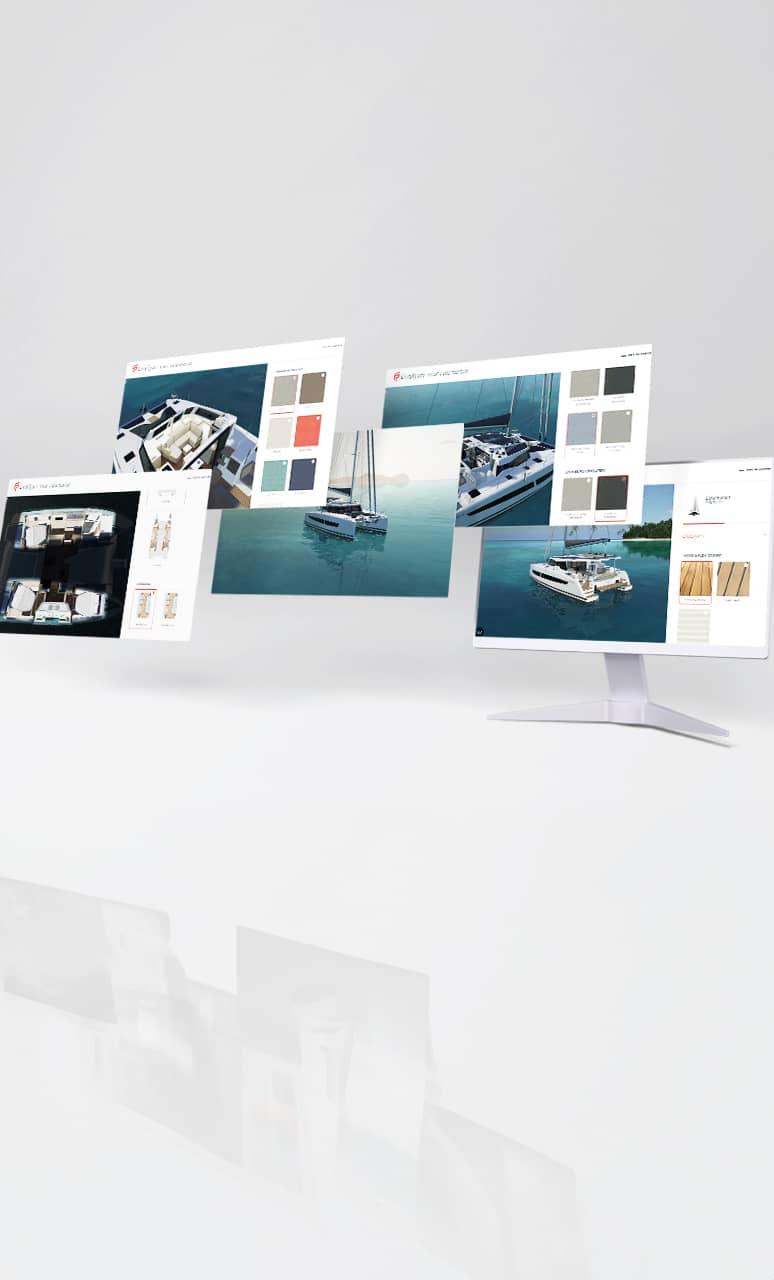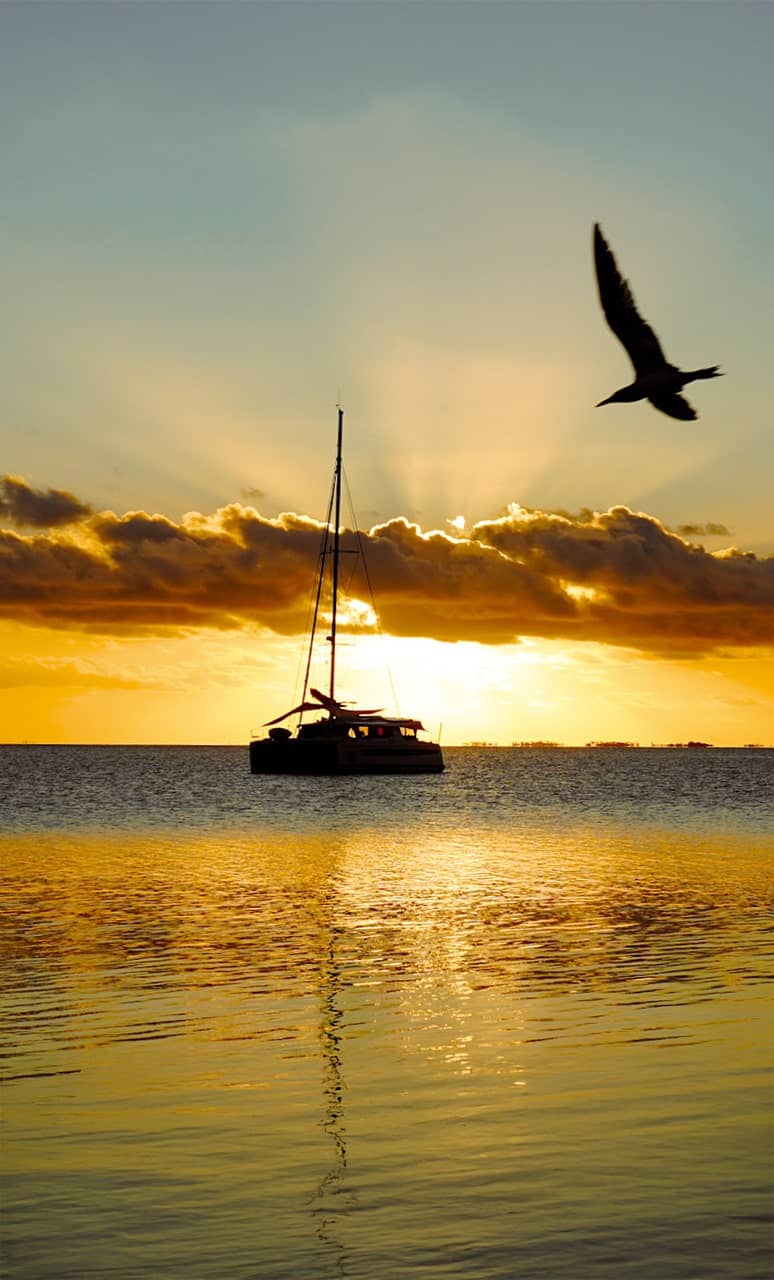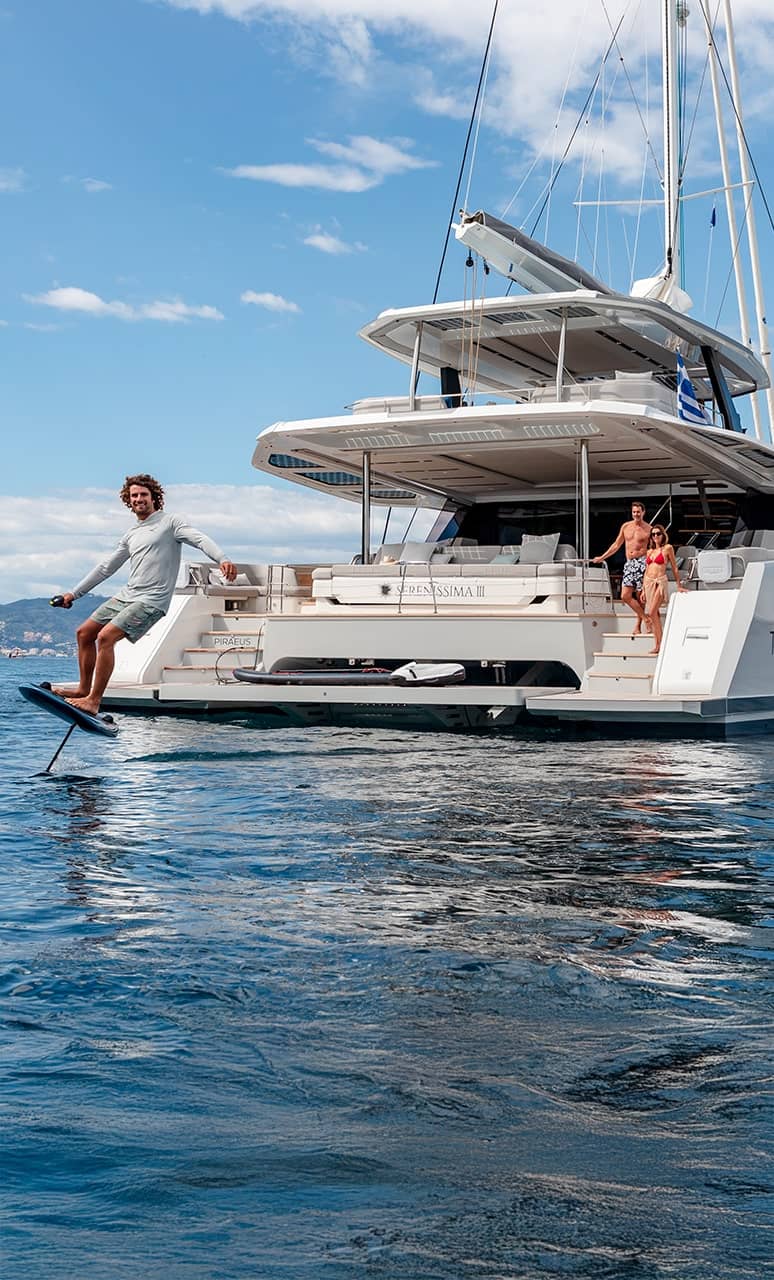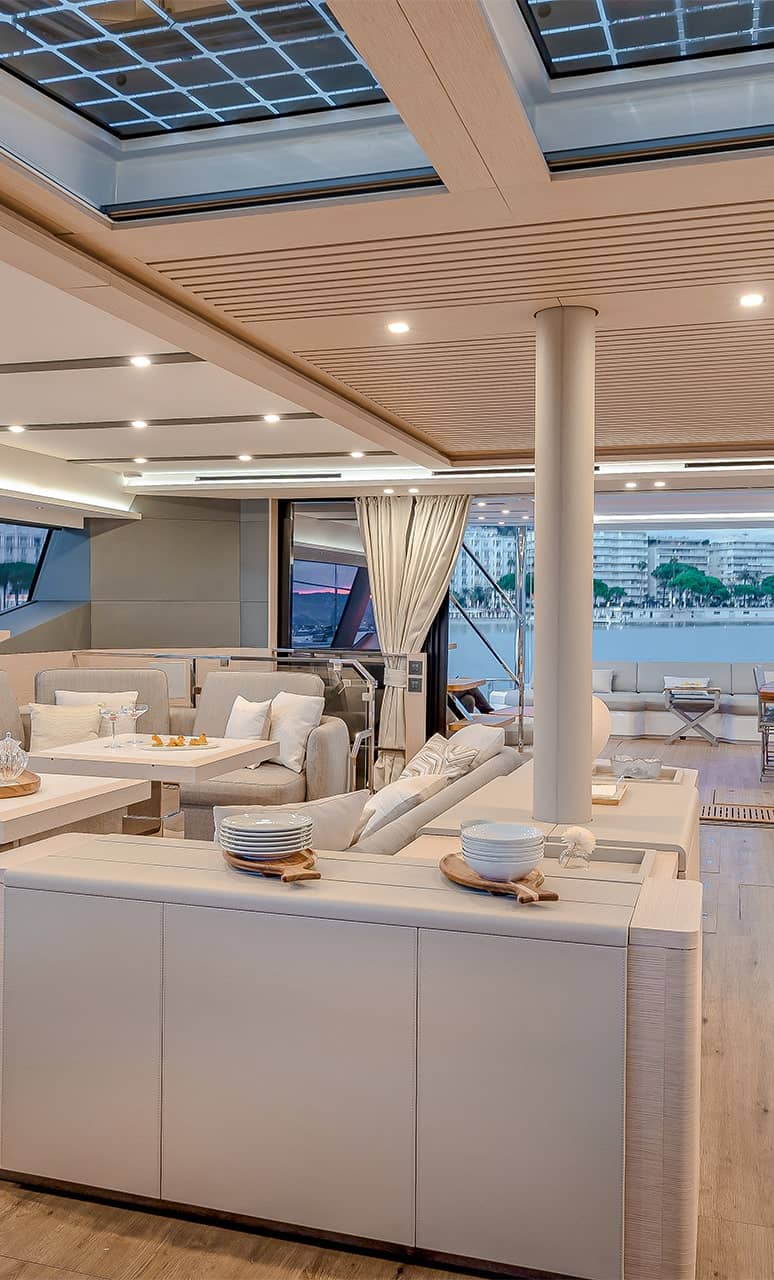News
World seagrass day – our commitment with WWF
1 March 2023

This wednesday, March 1st, is the world seagrass day. A great opportunity to remind the commitment and support of Fountaine Pajot in the preservation of marine ecosystems, through its partnership with WWF…
Posidonia seagrass meadows in the Mediterranean Sea threatened by the impact of leisure craft anchoring.
The Fountaine Pajot Group, boat builders and designers since 1976, is committed to working with WWF France in support of the preservation of seagrass as well as mobilising those involved in the marine industry towards more responsible practices. The marine ecosystem is a fragile environment which is subject to multiple pressures from human activity. The boating industry therefore has a role to play in ecological transition, right from the construction of boats through to their use at sea, in particular for the preservation of marine ecosystems.
WWF France is heavily involved in the preservation of Posidonia, a plant that plays as important a role as the Amazon rainforest does for the Earth, making it one of the most important species in the entire marine ecosystem. Forming vast forests on the sandy seabed in waters of up to about 40m deep, Posidonia oxygenates the ocean and provides a vital habitat for some 20% of the marine species found in the Mediterranean. A reservoir of biodiversity, Posidonia is also a precious ally in the fight against global warming through its ability to trap and store carbon dioxide. Truly the lungs of the Mediterranean, it has however been under threat for decades. In French waters, 10% of its surface area has disappeared in 50 years, and 34% across the Mediterranean basin as a whole. One of the major causes of Posidonia degradation is the anchoring of boats. Together, Fountaine Pajot and WWF France are seeking to raise awareness among yachtsmen about its preservation and are carrying out joint actions.
A partnership to raise awareness and mobilise stakeholders
Faced with this situation, the Fountaine Pajot Group and WWF France want to mobilise the boating sector to encourage a change of practices through a three-year WWF France conservation project based on several main activities as follows:
- Setting up operational support for local authorities on France’s Mediterranean coast to deploy official mooring areas at sites where the Posidonia meadows are under threat.
- Roll out a communication and awareness-raising campaign at a national level in France, aimed at preserving Posidonia seagrass.
- Support the implementation of virtuous “Blue Carbon” projects based on the preservation and/or restoration of Posidonia meadows.
Through its strategic Odysséa 2024 plan, the Fountaine-Pajot group is also committed, in association with WWF France, to defining a carbon-eliminating trajectory compatible with the Paris Agreement and within the framework of the global Science Based Targets initiative. This aims to set the standard in the industry, and to improve the responsible sourcing of wood for use in boatbuilding.
WWF is accompanying the pioneering and responsible drive of companies looking to change their approach by making this commitment central to their business model. To accomplish this aim, WWF supports the approach of the Fountaine Pajot Group (Fountaine Pajot and Dufour) and is inviting the entire marine industry to follow Fountaine Pajot’s commitment.
